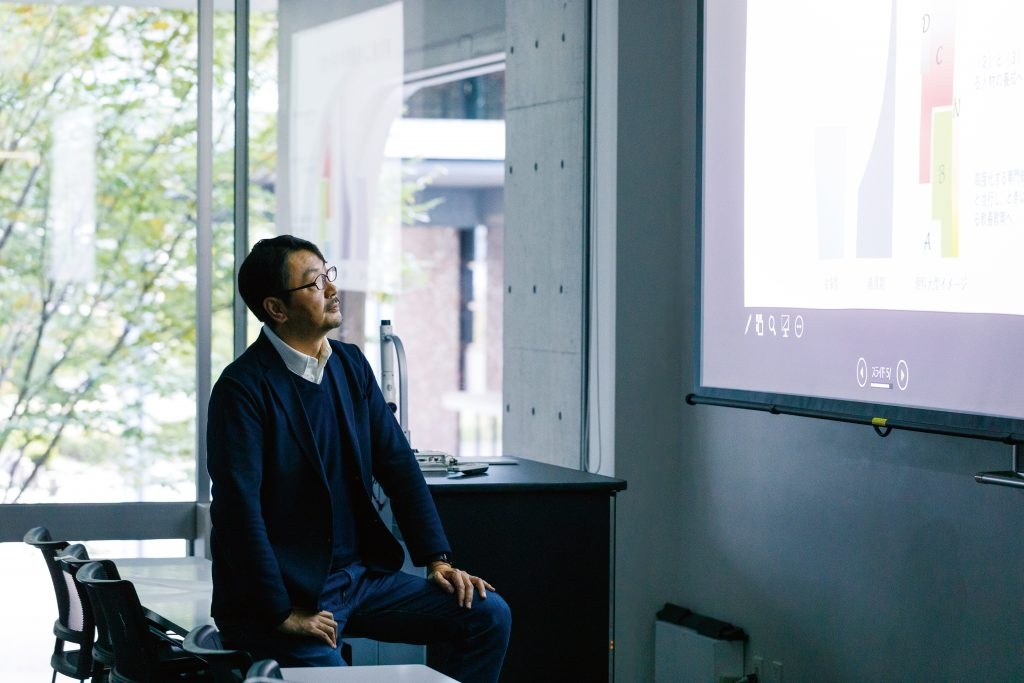In April 2021, the Institute of Arts and Sciences was established at Tokyo University of Science (TUS) as a university-wide liberal arts organization. The aim of a liberal arts education should be to cultivate students who possess expertise along with “civic-mindedness and civic thinking.”
For example, when trying to achieve one of the 17 international SDGs, a person may act in a way which is contrary to another of the SDGs. While being fixated on the achievement of one goal, a person may risk pursuing results which conflict with the overall aims, even if they may be logical in the immediate context of the desired goal.
People capable of contributing to the achievement of the SDGs need to be “multifaceted thinkers” who regularly consider other points of view. They also need to be “comprehensive thinkers” able to integrate the individual goals together, as well as “harmonized thinkers” able to skillfully balance economic, social and environmental considerations.
In order to equip students with the capacity for such thinking, TUS is implementing a new approach to liberal arts education from 2022. Up until now, nearly all credit counting towards a student’s liberal arts education is obtained in his or her first two years, while the curriculum for the third year onward is focused on the student’s specialization. This has now been revised so that liberal arts education is a part of the student’s curriculum throughout their four (or six) years of undergraduate education.

Liberal arts studies differ from specialized studies in that they facilitate encounters which transcend the faculty and department framework.
Specialized knowledge is important knowledge beneficial to the future of society. However, the excessive efficiency and stream-lined thinking within homogeneous groups whose members share the same expertise can cause the group to fail to recognize what the correct decision is in some situations. There are points of view which must not be discarded, regardless of whether they disrupt the efficiency or coherence of the group’s thinking.
When we become aware that such a situation exists, we must consciously stop ourselves before making a decision so that we can carefully consider other points of view as well. Cultivating this sort of multifaceted thinking is the aim of a liberal art education.
Professor Shin of the Institute of Arts and Sciences says that the role of a liberal arts education is to help students pursuing a specialized education to cultivate their “other self,” i.e., their “thinking companion.” A liberal arts education cultivates the capacity for noticing and considering those perspectives which must not be dismissed.
It is no simple task for one person to maintain multiple perspectives and ways of thinking in their mind. And that is all the more reason why the Institute of Arts and Sciences offers a liberal arts education across the entirety of the student’s time at university, so that they can have opportunities to encounter the diversity of the world, as well as a multiplicity of values.
■ Main research content